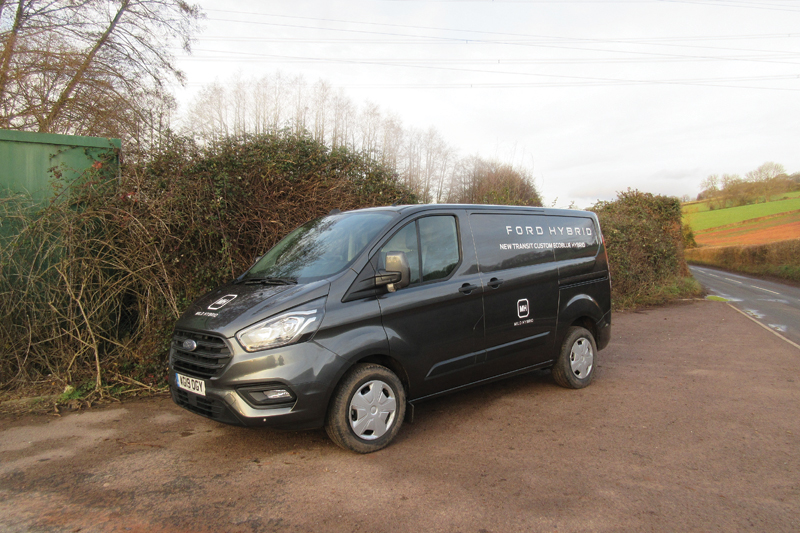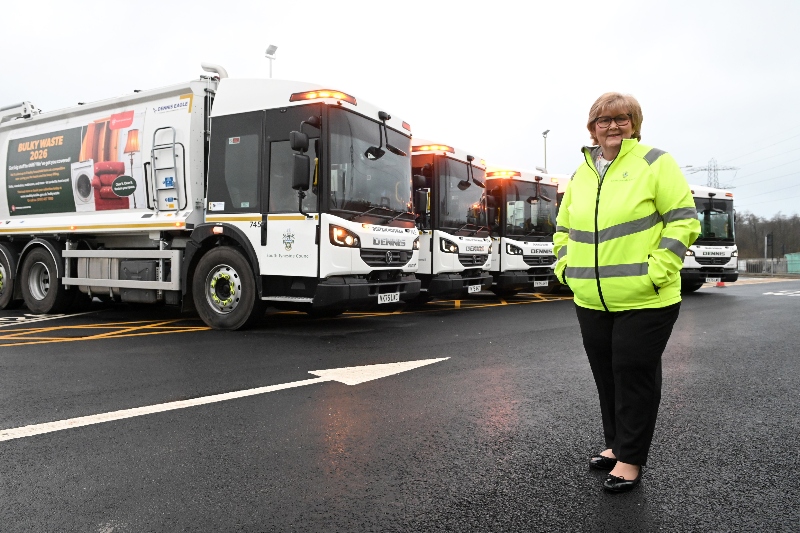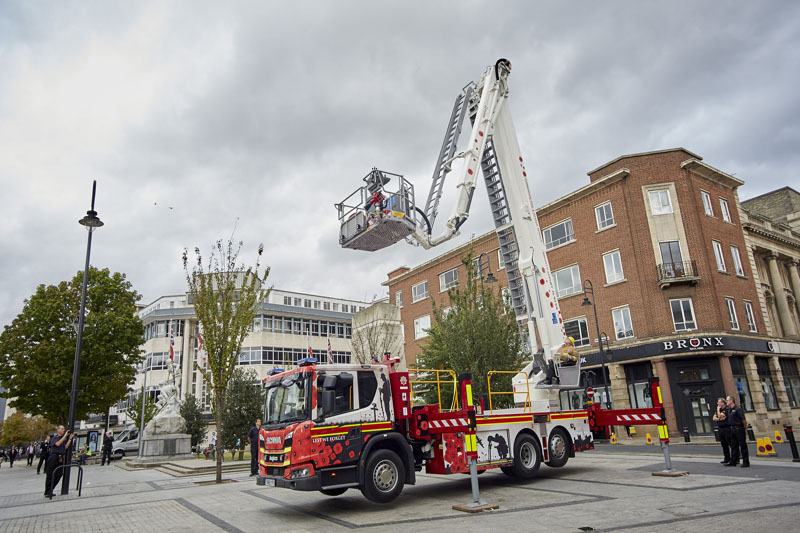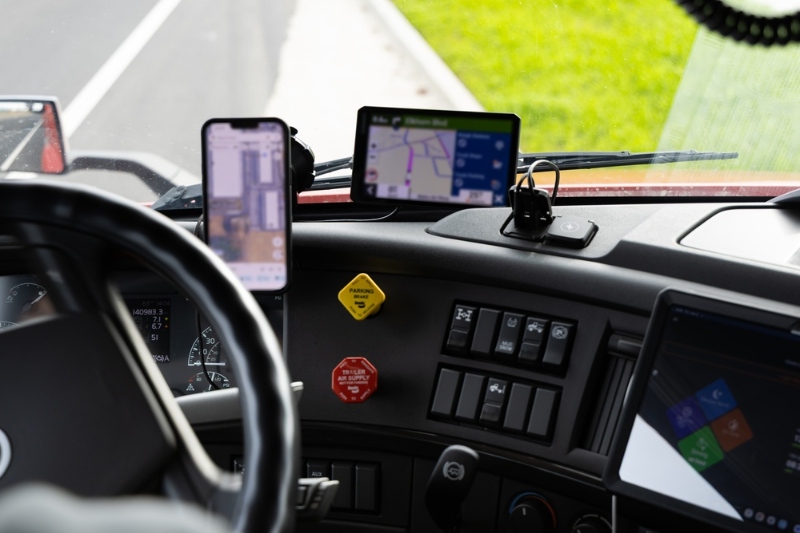Cutting emissions of damaging pollutants is vitally important if air quality is to be improved and the threat from global warming reduced. Not all local authority fleets are prepared, however, to switch to battery-powered vans and trucks or to opt for models powered by gaseous fuels. Such vehicles, and the infrastructure needed to support them, can be expensive and council budgets are still under tight constraints.
 There is, however, a possible half-way house which delivers environmental benefits - albeit modest ones - without the need to incur excessive expense.
There is, however, a possible half-way house which delivers environmental benefits - albeit modest ones - without the need to incur excessive expense.
The availability of Ford's front-wheel-drive Transit Custom as a (somewhat pricey) PHEV plug-in hybrid has been extensively publicised. As a consequence the introduction of the same model as a far cheaper mHEV mild hybrid has been overshadowed.
It is equipped with a BISG (Belt-driven Integrated Starter/Generator) instead of an alternator along with a 48v lithium-ion battery mounted under the passenger seat. This allows the battery to retrieve and store energy that would otherwise disappear when the van decelerates, which is then used to power the Transit Custom mHEV's electrical system.
This means that Custom's 2.0-litre EcoBlue diesel engine doesn't have to work as hard - good news so far as fuel consumption, CO2 output, and emissions of all kinds are concerned. EcoBlue complies with the Euro 6.2 exhaust emission regulations which makes it one of the cleanest diesels ever fitted to a van.
To continue reading this feature please go to the Spring 2020 issue. You can also subscribe to LAPV absolutely free by clicking here.






